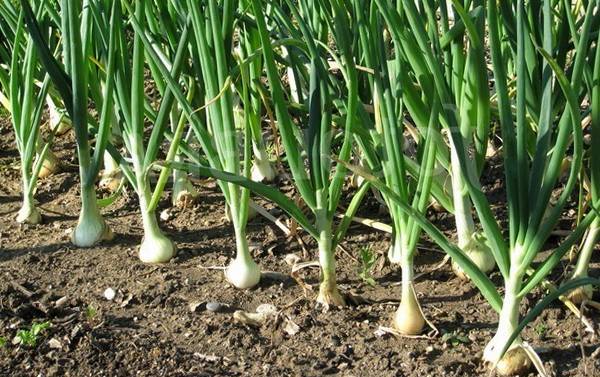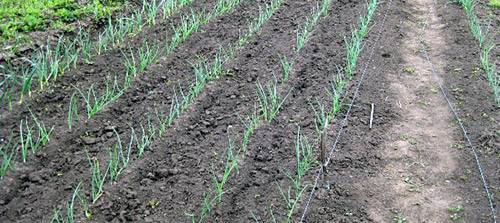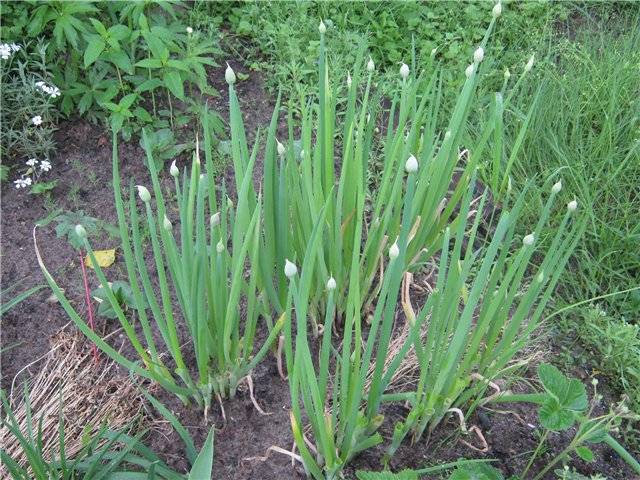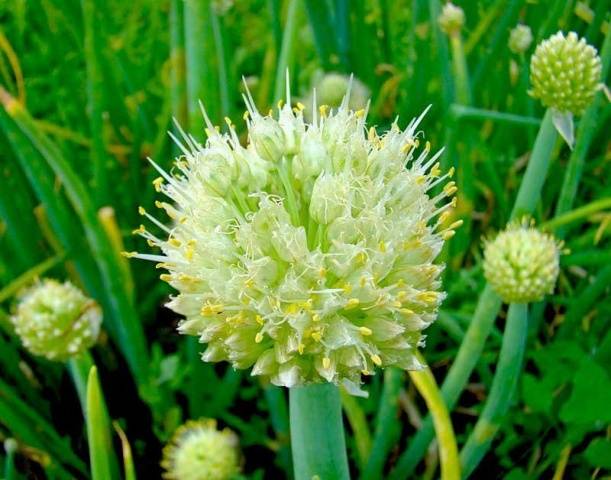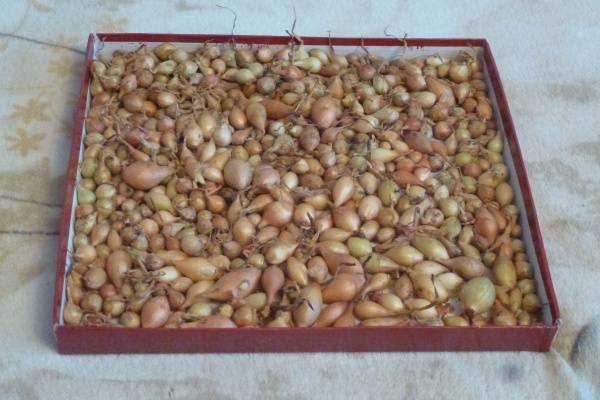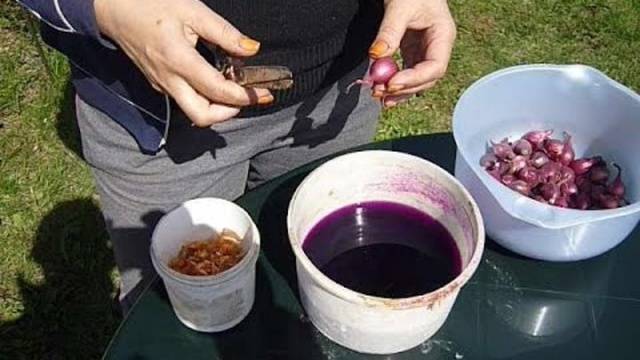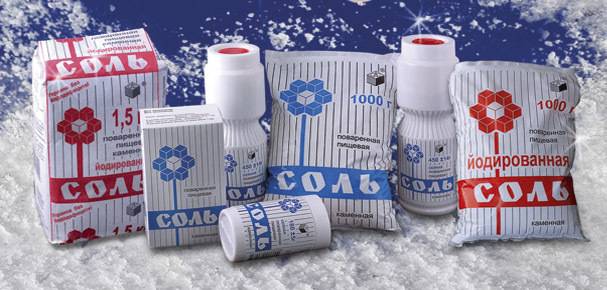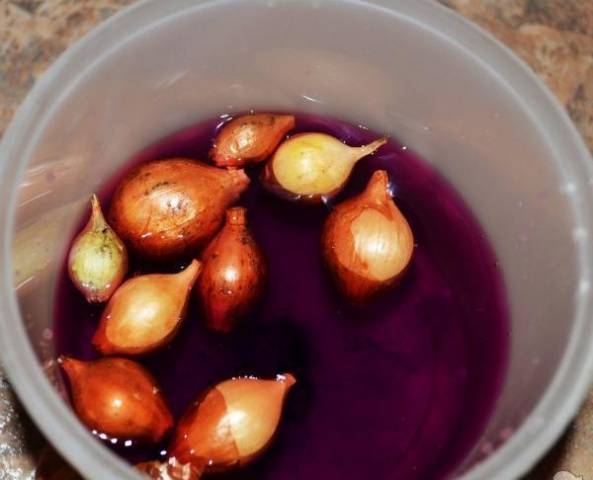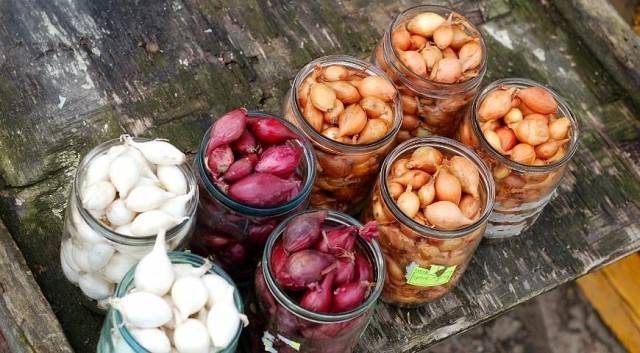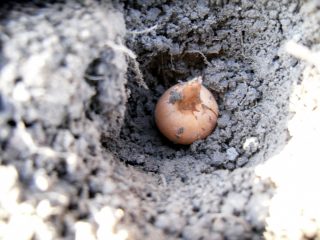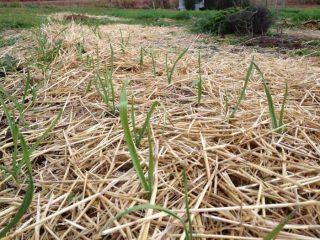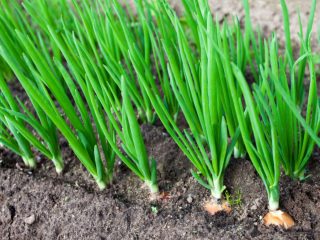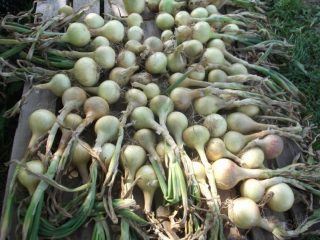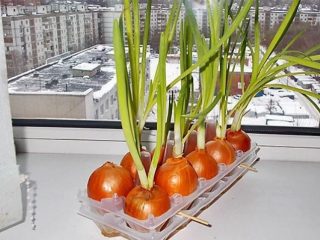Content
Any housewife strives to grow onions if possible, because no matter what dish you take, you can’t do without onions, except perhaps sweets. It seems that grow it’s a couple of trifles - stick the seedlings into the ground and collect the finished harvest in a few months. But in reality it turns out that everything is not so simple. Either it will rot, or it will dry out, or, in general, someone will eat the bulbs on the vine. Therefore, even experienced gardeners often argue and cannot come to a common opinion about certain features of growing onions.
Particularly controversial is the question of preparing the bulbs for subsequent planting, whether they need to be soaked or not, and if necessary, what to soak the onions in before planting. Of course, such questions usually arise among beginning gardeners. After all, those who have been growing onions for a long time have many of their own secrets and tricks that they use depending on the circumstances. This article makes an attempt to collect different techniques used by gardeners and explain them from the point of view of what the onion itself needs.
What is it for
Before you figure out how and in what you can soak onions for further planting, you need to understand why you actually need to do this. Maybe this is just a tribute to a centuries-old tradition and today there is no point in these procedures?
So, you need to soak onions before planting:
- To prevent the bow from shooting later.
- To accelerate germination, which may be especially important for northern regions with short summers.
- For good further growth and a bountiful harvest.
- To accelerate the ripening of the crop.
- For disinfection or disinfection of onions, that is, to destroy all eggs and larvae of pests and spores of fungal diseases.
- For additional moisture absorption during the first period of growth.
- For additional sorting of onions before planting.
Although there are probably circumstances in which none of these reasons are relevant. For example, growing onions from your own guaranteed healthy and pre-carefully sorted sets in the southern regions in the presence of drip irrigation. But these circumstances are very rare, and most gardeners understand that it is easier to prevent problems than to deal with their consequences later.
Now we need to consider all these reasons in more detail.
Anti-shooting treatment
Onion arrows - that is, shoots that bear inflorescences with future seeds, take a lot of strength from the set, while the bulbs themselves are formed in a very small size.
After sowing, numerous flower arrows will begin to develop from them. Therefore, the easiest way to avoid bolting onions is to store them in winter at a temperature not lower than +18°C.This is simple when it comes to onion planting material grown and preserved on your own. But much more often we buy onion sets for planting in stores or markets, and sometimes we don’t know at all in what conditions it grew, what diseases it suffered from, how it was harvested and subsequently stored.
What to do in cases where nothing is known about the bow being purchased, but at the same time you don’t want it to start shooting? There are fairly reliable methods, known for many hundreds of years and based on the biology of the plant itself, that help stop onions from bolting.
- If you still have a lot of time before sowing, then you can simply dry the onion sets indoors for 7-8 days at a temperature of +20°C-+22°C.
- It will be more effective to warm up the onion sets for 3-4 days near the stove or heating devices at a temperature of +30°C.
- Before planting, onion sets can be soaked in hot water (+45°C - +50°C) for 2-3 hours.
All these methods are based on warming the bulbs before planting. At the same time, special temperature stress hormones are produced in the tissues of the bulbs. It is these hormones that are subsequently responsible for blocking the development of flower buds.
Soaking for good growth
In northern regions, it is especially important that onions sprout as soon as possible so that they develop quickly and well. Accordingly, it is advisable to accelerate the ripening of the crop by at least a few weeks, because the weather in August can already be very unpredictable and it is necessary to complete the harvesting and drying of the onions before the onset of inclement and cold weather.
There are several ways to speed up the emergence and ripening of onion crops:
- Onion sets are poured into flat boxes and kept in a warm place, at least +22°C, and preferably in the sun, about three weeks before planting. Such pre-sowing vernalization can speed up the emergence of seedlings by 4-5 days, and the crop as a whole will ripen several weeks earlier as a result.
- Onion sets are cut to the shoulders, without touching the sprout, and soaked in any solution of nutrients (manure, humates or nitrate) for about 12-18 hours.
- After trimming the onion, it is soaked for half an hour in the Epin-Extra solution. This procedure helps speed up the emergence of seedlings. If the temperature of the solution is about +40°C+50°C, then this soaking will additionally serve to disinfect the bulbs.
Disinfection of bulbs
Traditionally, to disinfect onion sets, as when growing onions, they used to soak the bulbs in potassium permanganate. Now many new, more effective means have appeared, however, some old methods of disinfection also work quite well to this day.
Of course, you don’t have to disinfect the bulbs if you are 100% confident in your planting material. But most often, almost no one can give such a guarantee, since the eggs of many pests, such as thrips or onion flies, are completely invisible to the eye, and the presence of spores of fungal diseases does not affect the appearance of the bulbs in any way.
The oldest and time-tested method of disinfecting onion sets, besides soaking in potassium permanganate, is soaking it in a saturated salt solution. To do this, 1 kg of salt is dissolved in 5 liters of water until completely saturated. Prepared onions are soaked in this solution for two hours.What is the preparation? Use a sharp knife to carefully trim the top neck without affecting the sprouts.
If the top is not cut off, then disinfection will affect only the bottom of the bulb, otherwise the saline solution will be able to penetrate between the scales and disinfect the entire bulb. After soaking, it is very important to thoroughly rinse the onions from salt, changing the water several times.
If before planting you simply soak the onion sets in hot water (+45°C-+50°C) for 10-15 minutes, the disinfection effect will be exactly the same as from soaking in a saline solution. In both cases, no special preparations are required; choose what is easier for you: heat water or use salt.
All other methods involve the use of special preparations for soaking onions, and they are also quite effective.
- In potassium permanganate. Enough potassium permanganate crystals dissolve in ordinary cold water to produce a bright pink color. The onion is soaked in the resulting solution for 15-20 minutes.
- In copper sulfate. 30 grams of copper sulfate dissolve in 10 liters of cold water. Soak the onion in the solution for 30 minutes.
- In the drug "Maxim". To prepare a solution, dilute 4 ml of the drug in two liters of water and soak the onion in it for half an hour.
After all treatments do not forget to rinse the onion sets in clean water and you can start planting. To make planting more convenient, it is possible to dry the onions after soaking at a temperature of +20°C-+22°C.
Additional sorting
You can do the opposite, after washing, keep the onions moist for another 8-10 hours in a warm place.To do this, they are placed in film bags or in a bucket under a lid. As a result of this procedure, small roots appear on the bottoms of the onions - these will help to carry out additional sorting of the bulbs before planting.
If the roots of the onion have sprouted along the entire perimeter of the circumference of the bottom, then it is ideal for growing as a turnip.
If the roots hatch only partially, halfway, then the bulb will most likely go to the shoot and can only be used for planting on greens.
From the above it is clear that many soaking methods can be combined to obtain the best result. Choose what you need specifically, in your circumstances, and get a wonderful onion harvest.
